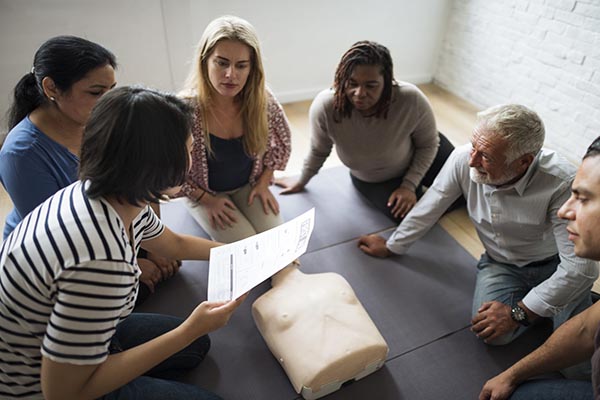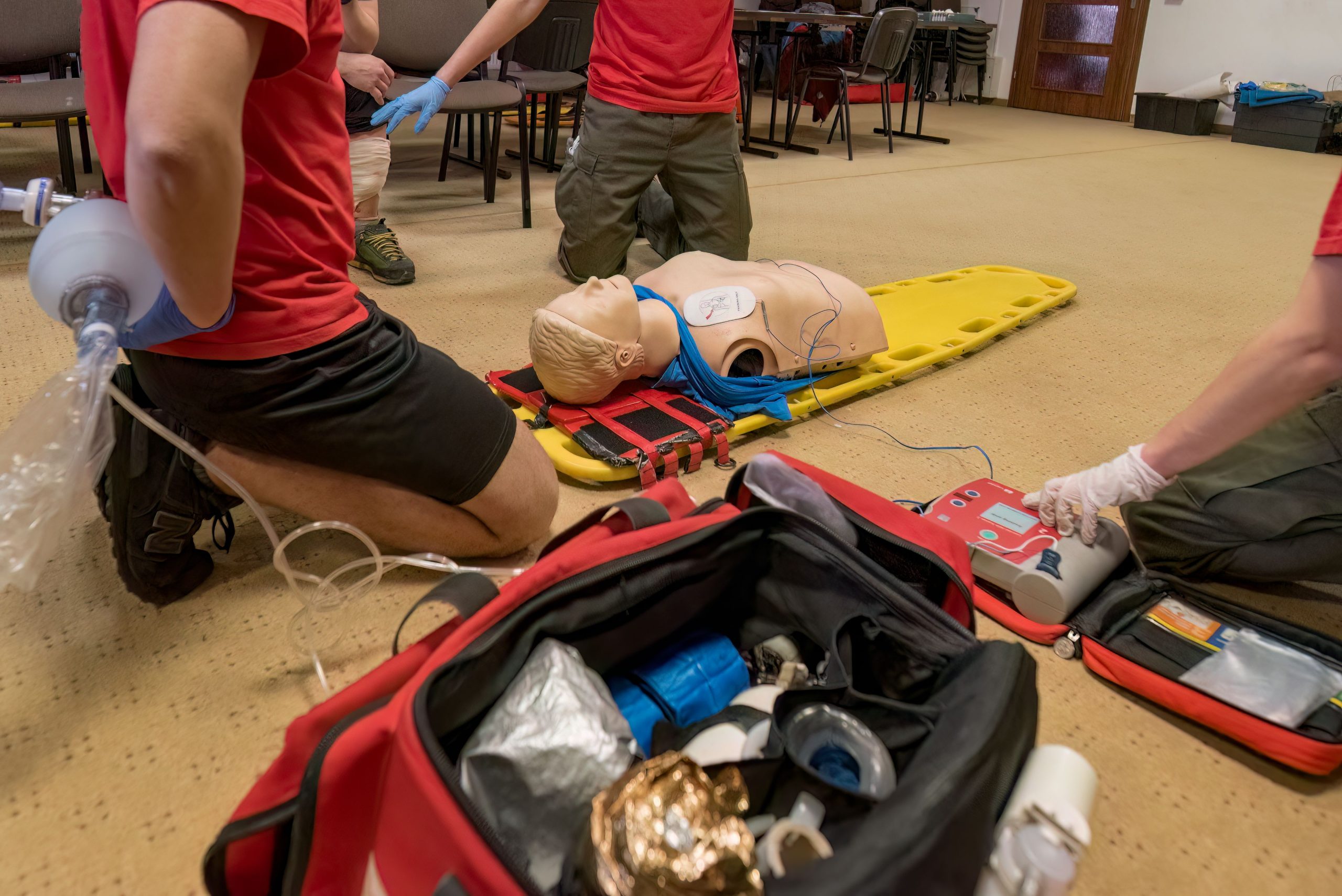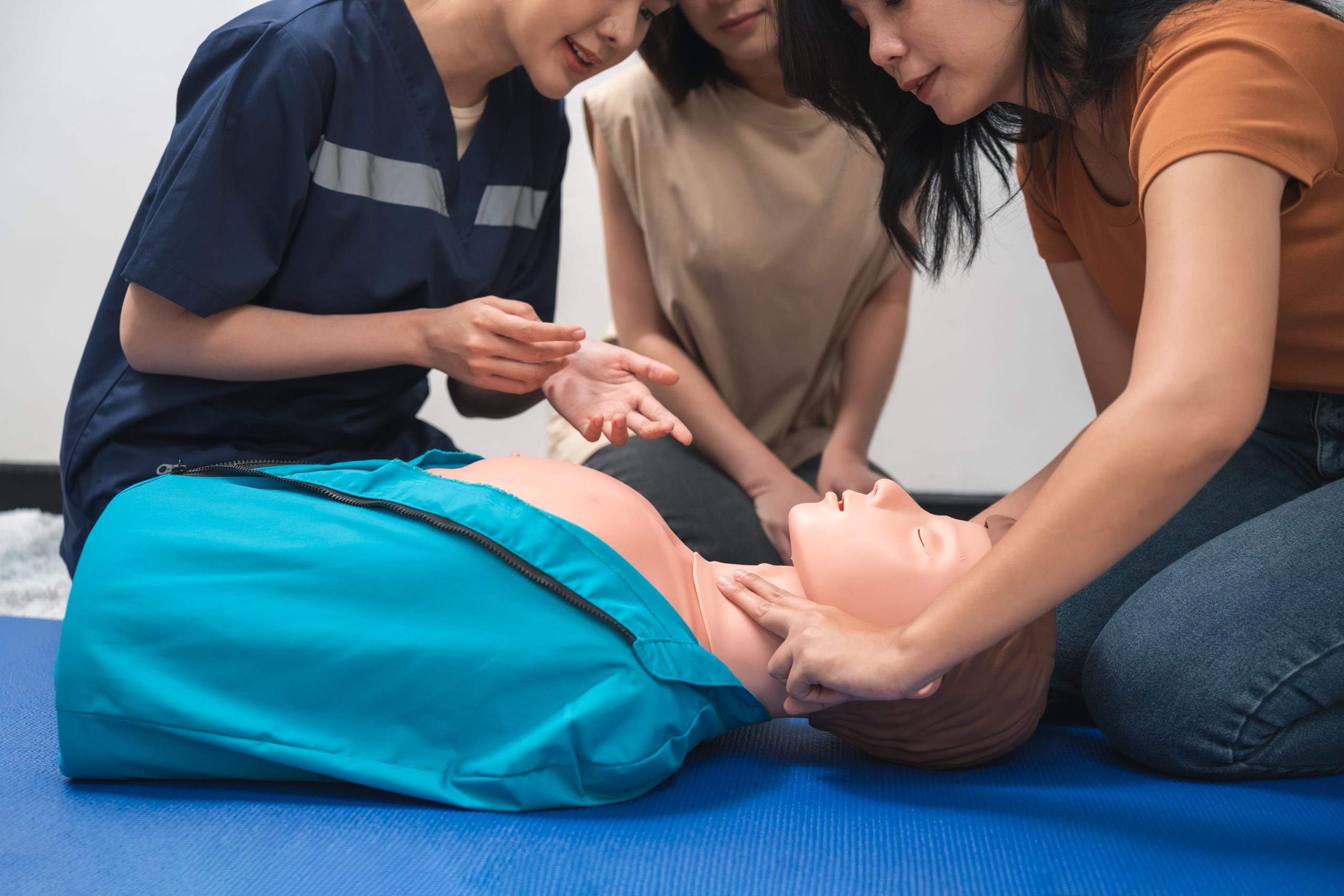
In a bustling city like Houston, emergencies can happen at any time. Being prepared with the right skills, such as CPR (Cardiopulmonary Resuscitation), can make a significant difference in critical situations. But are you aware of the local laws regarding CPR certification in Houston, and are you compliant with them? This guide will walk you through the essential aspects of CPR certification, why it’s important, and how to ensure you’re meeting the local requirements.
CPR, or Cardiopulmonary Resuscitation, is a life-saving technique used in emergencies when someone’s heartbeat or breathing has stopped. The goal of CPR is to manually preserve brain function until further medical help can be provided. It involves chest compressions and, in some cases, rescue breaths.
Having a CPR certification ensures that you’re equipped with the knowledge and skills necessary to perform CPR effectively. In many professions, such as healthcare, education, and childcare, CPR certification is not just beneficial but mandatory. Moreover, knowing CPR can empower anyone to act confidently in an emergency situation, potentially saving lives.

Houston, like many cities, has specific regulations regarding CPR certification. These laws are designed to ensure public safety and guarantee that individuals who are likely to encounter emergencies are prepared to respond.
CPR certifications typically have a validity period, often two years. It’s crucial to stay up-to-date with renewals to maintain compliance with local laws and employer requirements.
If you’re looking to become CPR certified or renew your certification in Houston, there are numerous options available. Here are some resources:
A standard CPR course will cover the basics of performing CPR on adults, children, and infants. It will include both theoretical knowledge and practical hands-on training. You will learn how to assess a situation, perform chest compressions, and provide rescue breaths.

Knowing how to perform CPR can give you the confidence to act in emergencies, potentially saving lives.
For those in professions that require CPR certification, it enhances your employability and compliance with industry standards.
Certified individuals contribute to the overall safety and well-being of the community, as they can provide immediate assistance in emergencies.
If you’re an employer, maintaining accurate records of your staff’s CPR certification status is crucial for compliance. Ensure that all certifications are current and schedule renewals as needed.
Laws and regulations can change, so it’s important to stay informed about any updates in local CPR certification requirements. Regularly check with local authorities or professional organizations for the latest information.
In Houston, being CPR certified is more than just a personal achievement; it’s a responsibility, particularly for those in specific professions. Understanding and complying with local laws ensures that you are prepared to act when it matters most. Whether you’re a professional needing certification for your job or a concerned citizen wanting to make a difference, finding the right CPR certification course in Houston is a crucial step.
By staying informed and up-to-date with your certification, you contribute to a safer community where everyone is prepared to respond effectively in emergencies. Don’t wait for a crisis to strike; take action now and ensure you’re compliant with Houston’s CPR certification requirements.
Don’t wait until an emergency happens! Equip yourself with the life-saving skills of CPR and First Aid. Contact CPR Classes Near Me today to find a course that fits your schedule and location. Whether you’re a professional needing certification or a concerned citizen wanting to make a difference, our classes are designed to empower you with the knowledge and confidence to act in critical situations. Take the first step towards being prepared—reach out now!
Our primary goal is to ensure that you receive a top-quality CPR/First Aid certification. With our in-person training in Austin, you can learn CPR and BLS in just one class. Your presence is all that’s needed to continue with your lesson! During your session, you will complete all the live-training components necessary to ensure you receive your AHA Healthcare Provider certification card.
Our CPR Classes in Austin are discounted to $59.95 (saving you $20), and our CPR + First Aid Class is offered at $79.95 (also saving you $20). When looking for CPR Classes, ensure to check for the American Heart Association seal. Other sites might seem cheaper but frequently lack the official training credentials demanded by employers.
Upon successful completion of the course, you will obtain a CPR certification that is valid for two years. The AHA CPR certification is recognized with the highest acceptance rate among employers nationwide.
Indeed! Enroll in any CPR Certification Austin BLS course to extend your certification for an additional two years. The in-person BLS course and the Renewal Class are identical.
Anyone capable of completing the course independently should consider pursuing CPR training and CPR Certification. There is no minimum age restriction for obtaining a CPR certification in Austin through the American Heart Association (AHA)..
CPR training needs to be carried out in person to guarantee its effectiveness. Our experienced instructors offer an engaging and dynamic learning experience. Typically, employers do not recognize CPR certifications that are obtained solely through online courses.
All authorized American Heart Association training centers are obligated to display the entire video. After a three-hour session with CPR Classes Near Me Austin, your BLS CPR eCard will be promptly issued by the instructor on the same day!